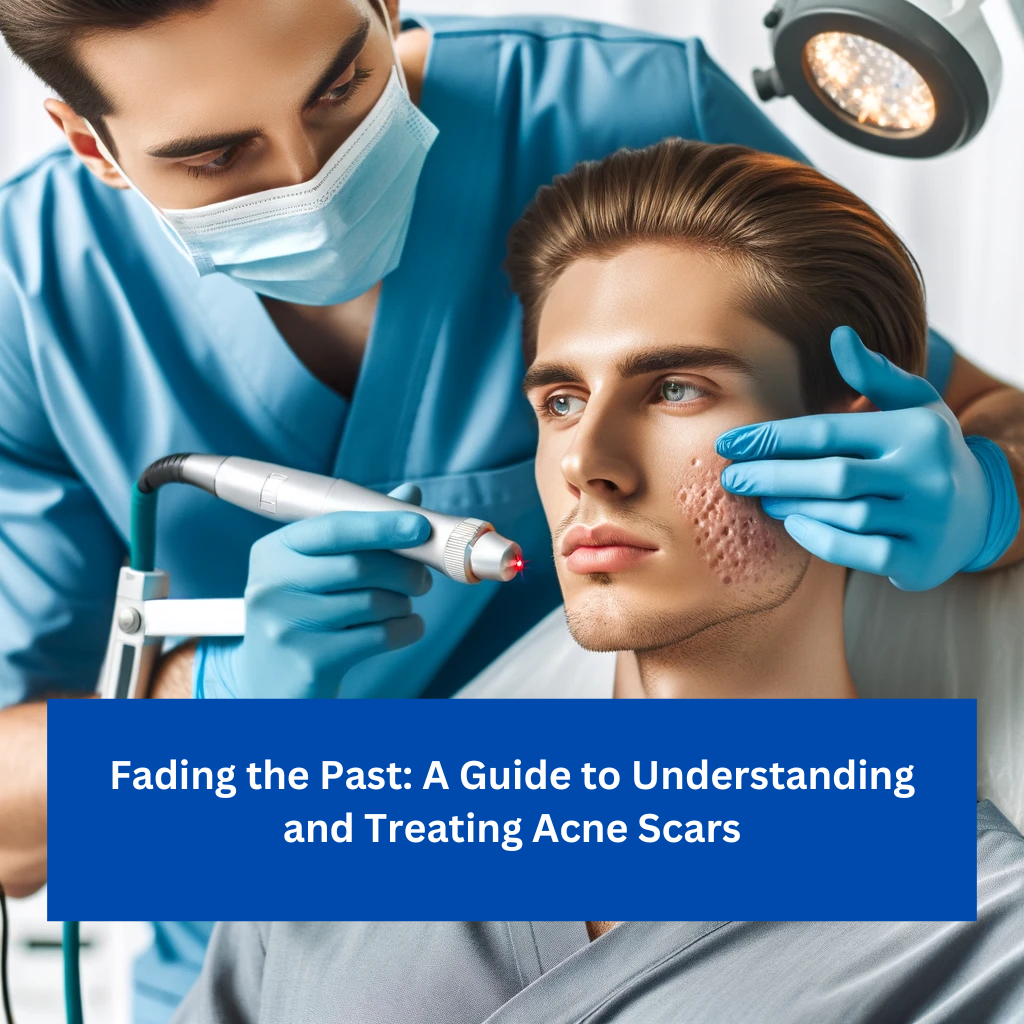Acne scars – a constant reminder of battles fought against pesky pimples. While acne itself might be a temporary foe, scars can linger, impacting confidence and self-esteem. But fear not, warriors! There’s a wealth of knowledge available to understand and potentially treat acne scars.
Understanding the Battlefield: Types of Scars
There are three main types of acne scars, each with its own unique characteristics:
- Atrophic scars: These are the most common type, appearing as indented dips in the skin. They can be further categorized as ice pick (deep and narrow), rolling (wavy depressions), or boxcar (shallow, wide depressions).
- Hypertrophic scars: These raised, red scars form from an overproduction of collagen during the healing process. Thankfully, they tend to fade over time.
- Keloid scars: These are the least common but most noticeable type. Keloid scars are raised, red, and extend beyond the original injury site.
The War Plan: Treatment Options
The best treatment for acne scars depends on the type, severity, and your individual skin. Here are some popular approaches:
- Topical Treatments: Retinoids, alpha hydroxy acids, and silicone gels can stimulate collagen production and improve the appearance of mild atrophic scars.
- Injections: Corticosteroids injected into hypertrophic or keloid scars can reduce inflammation and flattening.
- Laser Treatments: Different lasers target various scar types. Ablative lasers remove the top layer of skin, while non-ablative lasers stimulate collagen production.
- Dermabrasion: This technique physically removes the top layer of skin, aiming to even out the surface and reduce scar depth.
- Microneedling: Tiny needles create controlled injuries, triggering collagen production to improve scar texture.
Know Your Limits: Realistic Expectations
It’s important to set realistic goals – complete scar removal isn’t always achievable. However, many treatments can significantly improve the appearance of scars, boosting confidence and overall satisfaction.
Remember:
- Consultation is key! Talk to a dermatologist to develop a personalized treatment plan based on your specific scars and skin type.
- Patience is a virtue! Scar treatments often take time to show results, so consistency is crucial.
- Sun protection is essential! Sun exposure can worsen scars, so diligent use of sunscreen is vital.
Disclaimer: This article provides general information only and does not constitute medical advice. Please consult with a qualified healthcare professional for diagnosis and treatment of acne scars.
These Products on Amazon could help Acne Scars
